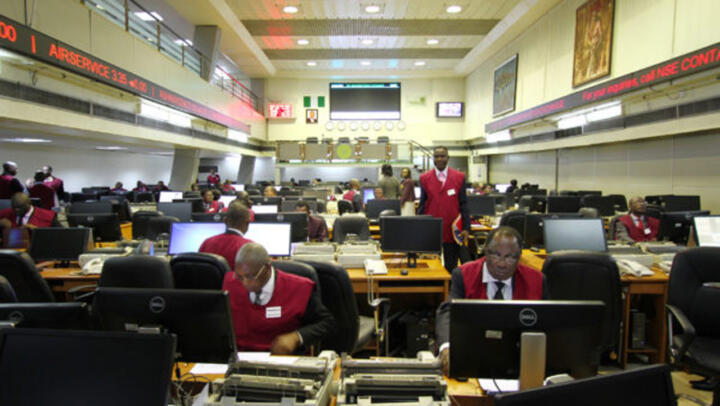Infostride News reports that private financing flows involving African entities have surged to an impressive $19.2 billion, poised to surpass the 2022 record of $19.8 billion. This data, extracted from the Ecofin Pro Transaction Journal, showcases a remarkable uptick in private financing in Africa, excluding bank credit and financial markets, since the journal began tracking such transactions in 2017.
As of November 10, 2023, the accumulated private financing flows of $19.2 billion not only represent a significant milestone but also mark a new record for the continent since the journal’s inception. The increasing trend is further substantiated by the journal’s revelation that the annual transaction count has reached 940, surpassing the figures observed from 2020 to 2022. However, it remains slightly below the 2019 peak of 1,071 transactions.
A comprehensive analysis of the data discloses that the median transaction value, indicative of the central value when transactions are ranked in ascending order, has exceeded $3 million in 2023. This level has not been attained since 2017, when the average value of private financing flows stood at $3.5 million.

2023 stands out as a record year with 470 transactions surpassing this median value, a substantial increase compared to the 360 transactions recorded six years earlier. This surge indicates a growing appetite for larger private financing deals, showcasing the expanding financial landscape in Africa.
In tandem with this growth, the number and cumulative value of transactions exceeding $100 million remain noteworthy. As of the latest data collection date, 2023 has witnessed 38 deals surpassing the $100 million threshold. Although slightly fewer than the 48 recorded in 2022, the overall value of these transactions amounts to a considerable $10.45 billion.
Despite these positive indicators, the rate of growth in the value of transactions has exhibited signs of moderation after the robust years of 2021 and 2022, which were considered post-COVID-19 recovery periods. Various factors contribute to this deceleration, including the impact of rising interest rates in developed markets, the repercussions of the Ukrainian crisis on food prices, and subsequently, the interest rate policies adopted by African central banks.
The prevailing economic landscape underscores the interconnectedness of global events and their influence on private financing dynamics in Africa. The rise in interest rates in developed markets, a response to changing economic conditions, has a cascading effect on financial markets worldwide. This, coupled with the reverberations of the Ukrainian crisis on food prices, has created a ripple effect in the financial decisions of African central banks.
The moderation in the growth of private financing transactions suggests a more nuanced and cautious approach to financial activities in the region. Market participants and investors are recalibrating their strategies, taking into account the evolving global economic scenario and its potential ramifications for Africa’s economic landscape.
In conclusion, the surge in private financing flows in Africa, as reported by Infostride News, is indicative of a vibrant and evolving financial ecosystem. The record-breaking figures underscore the resilience of African economies and their ability to attract substantial private investments. However, the moderation in growth signals the need for adaptability and strategic foresight in navigating the dynamic global economic landscape. As Africa continues to position itself as an attractive investment destination, stakeholders must remain vigilant and responsive to the multifaceted factors shaping the trajectory of private financing on the continent.
Support InfoStride News' Credible Journalism: Only credible journalism can guarantee a fair, accountable and transparent society, including democracy and government. It involves a lot of efforts and money. We need your support. Click here to Donate
